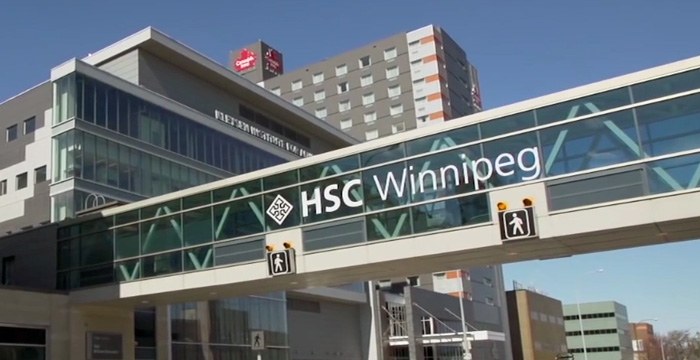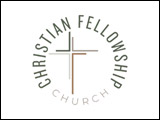A new unit and additional addictions, mental health and security staff will be added to the Health Sciences Centre (HSC) Winnipeg emergency department (ED), to improve outcomes for patients in various stages of intoxication, withdrawal or mental health crisis.
“The high volume of patients needing addictions and mental health supports continues to put pressure on services and our communities,” said Health, Seniors and Active Living Minister Cameron Friesen. “By investing in additional clinical staff specializing in substance use, addictions and mental health within HSC’s emergency department, we will improve patient care and emergency wait times for these patients. This fulfils our government’s commitment to provide a safer environment for patients and those working in or visiting the hospital.”
The $3.5-million investment at Manitoba’s provincial hospital will add staff trained in addictions and mental health care to the facility’s emergency department. An on-site addiction physician or psychiatrist for weekend and evening shifts, approximately 8.5 full-time equivalent (FTE) mental health nursing (ED and inpatient units) positions and 8.4 FTE security staff positions will be added as part of the investment. The additions will reduce wait times by six per cent.
Together, these new resources will help decrease offload times for police dropping off patients in the ED who are suffering from acute drug or alcohol intoxication including those suffering from methamphetamine-induced psychosis.
“Speeding up offload times will allow police officers to more quickly return to patrolling city streets and ensuring they are safe for all Winnipeggers,” said Justice Minister Cliff Cullen. “This investment reflects our government’s efforts to public safety and improving mental health and addictions services in Winnipeg and across the province, particularly for those suffering from meth-associated psychosis.”
The new unit will include six additional beds and two safe seclusion rooms used to stabilize patients with severe alcohol or drug intoxication, as well as meth-associated psychosis. It will also include addiction outreach workers hired to support those discharged from the unit, Friesen added.
“Over the last four years, the presence of meth-associated psychosis in our community has resulted in a steadily increasing number of patients arriving at hospital in need of a short period of stabilization,” said Dr. Jitender Sareen, provincial specialty lead for mental health and addiction, Shared Health. “The unique needs of this population requires a multidisciplinary team with a high level of expertise to ensure the safety of patients, staff and the community. The funding will be essential to improving wait times for assessments, reducing the length of stay of intoxicated and mental health patients in emergency and ensuring they get timely access to community resources.”
“These addiction and mental health resources will enable us to improve the level of care that patients struggling with addictions receive upon arrival at HSC Winnipeg’s emergency department,” said Dr. John Sokal, medical director, HSC Winnipeg’s emergency department. “This is an important first step toward the creation of a Safe Emergency Psychiatry and Addictions Unit as part of the HSC Adult ED.”
Friesen noted today’s announcement addresses recommendations in both the VIRGO and Illicit Drug Task Force reports. It also builds on other government investments to better the needs of Manitobans living with substance and mental health concerns.
Over $40 million has been invested in new or expanded mental health and addictions services or programs since last fall, Friesen said.




